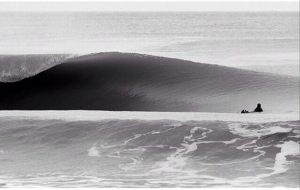Paranoid schizophrenia vs aspergers
I'm diagnosed with Schizoaffective, but was tested for AS. I was told by the psychologist that tested me, that they can look similar, but that psychosis is the main difference. That I did have trouble with communicating, social skills, sensory issues, etc., but because I hear and see and feel things, have delusions, and am manic and depressive at times, it couldn't be AS. I've been seeing things since I was very young, and so therefore, in my case, that ruled out autism.
_________________
AQ: 39 ---- RAADS-R: 187.0
Nonverbal Learning Disorder; diagnosed September 2010
Schizoaffective disorder; diagnosed December 2012
ASD/Asperger's Syndrome traits; diagnosed August 2014
IQ 120
(Diagnosed using the DSM-IV, not DSM-5)
Schizophrenia is a complex brain disease with positive and negative symptoms. The positive symptoms are hallucinations and delusions. If a person is experiencing the positive symptoms of schizophrenia, that person is said to be psychotic.
Psychosis is not a part of autism. However, some of the sensory issues that are part of autism, might be confused with having hallucinations. For example, if a person has synesthesia, I can see how an outside observer might conclude the person is hallucinating. However, synesthesia is a completely different phenomenon.
The negative symptoms of schizophrenia are things that people with autism also have a lot of the times (anxiety, being asocial, lacking social skills, poor hygiene, poor executive functioning, depression, etc.). Because people with schizophrenia have some of the same problems that people with autism have, I can see how an outside observer would confuse the two conditions. The positive symptoms (hallucinations and delusions) can be greatly reduced with anti-psychotic medication. However, the negative symptoms seem to always be there, so when you treat someone with schizophrenia, a lot of time they start looking a lot like a person with Asperger's (someone with all the negative symptoms but no psychosis). I think the key feature that separates schizophrenia and autism is the positive symptoms (aka psychosis).
| Similar Topics | |
|---|---|
|
Possible Schizophrenia?
in Bipolar, Tourettes, Schizophrenia, and other Psychological Conditions |
14 Mar 2024, 8:58 pm |
| Scientists Discover Link Between Cats & Schizophrenia |
17 Apr 2024, 3:51 am |
| Aspergers and Serious |
14 Apr 2024, 3:59 am |
| Aspergers |
26 Feb 2024, 11:05 pm |









